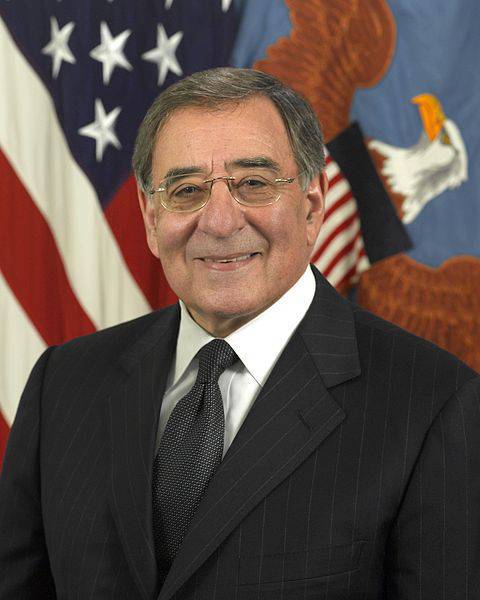Pentagon recognizes cyberspace as a "battlefield"

Introducing the new cyber strategy in the US capital Washington at the University of National Defense (officially the document is called the “Department of Defense Strategy in Cyberspace”), Deputy Defense Minister William Lynn said that now all efforts will be focused on three main areas:
-preventing data theft;
-prevention of attempts to disrupt the work of military information networks;
-resistance to any plans for the destruction of US communication systems.
The new cyber strategy of the USA is based on 5 principles: 1) Cyberspace is recognized as an independent field, field of operational activities; 2) The Pentagon will use “active defense” tactics; 3) The Pentagon will coordinate with the Department of Homeland Security on strategic and infrastructure networks; 4) The United States will work closely in this area with its partners and allies; 5) suppresses the benefits of cyber-terrorists who attack through the global network.
According to W. Lynn, the strategy provides for external threats, the impact of individuals within the United States, vulnerabilities of communications, information transfer in the armed forces, which can undermine its combat capability. The Pentagon believes that other states "are working to penetrate the secret and unclassified networks of the US Department of Defense, and some foreign intelligence services already have the ability to violate elements of our information structure." There is a danger of cyber attacks from non-governmental organizations and private companies.
The Pentagon acknowledged that current networks are vulnerable and the number of attacks is constantly growing: “The Department of Defense networks are probed several million times a day, and successful attempts at penetration lead to the loss of thousands of US documents, documents of allies and US industrial partners.” So, William Lynn reported that 24 thousand files were stolen from Pentagon servers, a successful attack occurred in the spring of this year. According to him, the US military believes that it was foreign intelligence. The Pentagon’s corporate networks are also suffering from cyber attacks and corporate networks.
Experts noted the fact that the main problem of the Pentagon, when implementing the new strategy, will be the lack of highly skilled programmers in the US Armed Forces, since such specialists in the civil sphere receive higher incomes. The Pentagon has already stated that they are ready to launch a “dynamic campaign to recruit talented IT specialists” and to intensify cooperation with small and medium-sized businesses operating in this field.
Previously it was believed that in the new cyber strategy of the United States there would be a point at which a cyber attack, due to which human sacrifices would occur, would be equated with a declaration of war. This news reported by the Wall Street Journal at the end of May this year. But in the end, the Pentagon did not decide on such a radical step. Although, according to the same W. Lynn, the United States "reserves the right, in accordance with the laws of war, to respond to serious cyber attacks in a proportionate and fair manner at the time and place we choose." It is clear that such a vague wording will allow the United States to apply real military steps for actions against a virtual enemy. The same Osama bin Laden (or his next copy) was eliminated without the permission of the authorities of Pakistan, grossly violating his sovereignty. The United States takes into account only the real power of the state, and not the mythical "human rights" and "independence."
Sources of:
http://inosmi.ru/usa/20110716/172078657.html
http://www.rg.ru/2011/07/15/pentagon-site.html
http://www.rosbalt.ru/main/2011/07/15/869754.html
http://www.rosbalt.ru/business/2010/05/17/737368.html
Information